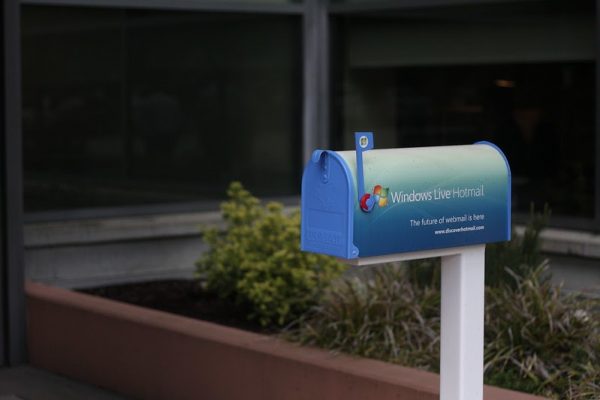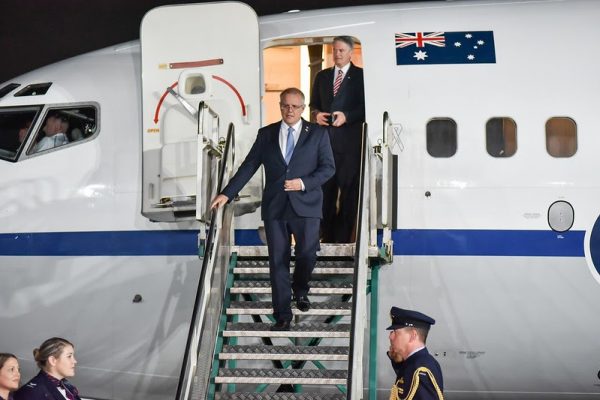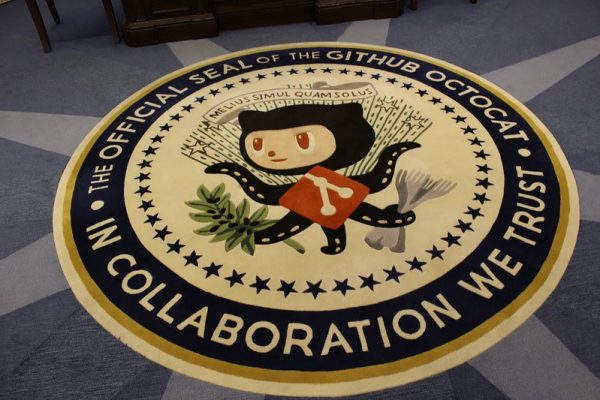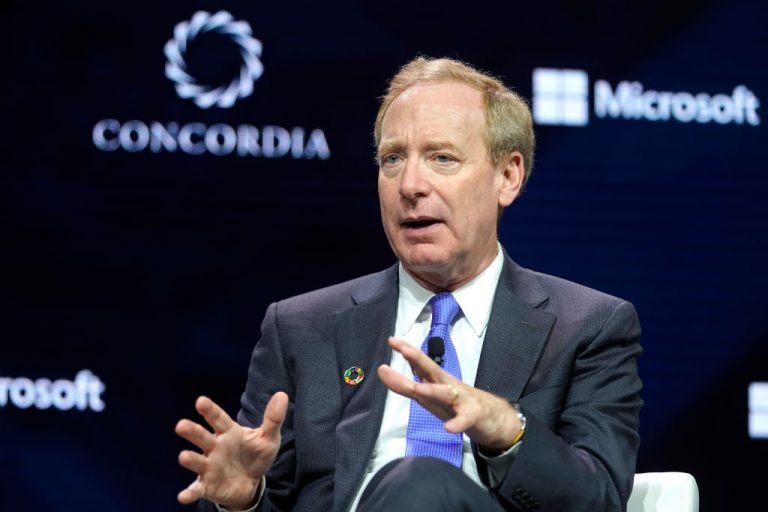Microsoft has dissented from its big tech cohorts, Facebook and Twitter, in decrying Australia’s proposed legislation which will require social media and tech companies to pay news publishers for using their content. The Redmond software giant’s position on the matter appears to be both opportunistic and political in nature.
On Feb. 11, as Democrat House Managers presented seven hours of audio-visual mashup in the first full day of Donald Trump’s second impeachment trial, Microsoft’s President Brad Smith wrote a politicized blog post reinforcing the Democrat talking points about what happened on Jan. 6, “But, this year, even after losing more than 50 lawsuits in a row, President Trump waged a sustained campaign that successfully persuaded tens of millions of his supporters that the election was rigged.”
“Without this sustained disinformation barrage, it’s hard to imagine that January 6 would have become such a tragic day.”
As Trump’s defense team, spearheaded by trial lawyer Michael van der Veen would show, Democrats doctored evidence and selectively altered audio and video footage of Trump’s speech, all the while providing no Constitutional or case law standard to justify the House’s single Article of Impeachment that Trump was inciting insurrection. Trump was acquitted in the Senate after more than 13 hours of presentation by the Democrats only managed to flip a single Republican Senator out of the 11 needed to reach the supermajority required to convict.

Smith, however, was not shy to link Jan. 6 to the supposed dangers of free speech while himself disseminating since-debunked Russiagate conspiracy theories, “The internet and social media have unfortunately become powerful engines of disinformation and misinformation,” he said, adding the “disinformation disease” was “pioneered by the Russian government in the 2016 U.S. election.”
Success
You are now signed up for our newsletter
Success
Check your email to complete sign up
The blog quickly becomes more rosy as Microsoft’s President says the solution is in something everyone would want and agree upon as a good thing: a free and independent press, “Democracy has always relied on a free press to make it through difficult times,” he said.
“Never free of controversy, an independent press has often inflamed differing opinions. But it has helped ensure that the public considered a common set of events and had a generalized understanding of common facts.”
What Smith referred to was the decline of the U.S. news industry in recent years, as newsroom revenue has fallen by more than 70 percent and jobs by more than 2,000. Smith cited Microsoft’s own internal studies published in a pre-election October 2020 blog post by Mary Snapp, Vice President Strategic Initiatives at Microsoft, and a Pew Research study that showed 53% percent of adults surveyed to get their news either “often” or “sometimes” from social media sites to support his statements.
“Part of what feeds the interest in social media sites – and search engines as well – is the ability to scroll and see headlines generated by traditional news outlets.” Smith further referenced a Newsmedia Alliance study that showed Google rakes in more than $4.5 billion annually “from crawling and scraping news publishers’ content – without paying the publishers for that use…Google is tailoring its products – ramping up its use of news – to keep users in the Google ecosystem.”
Smith called Australia’s legislation an “innovative prescription” to the problem because it will achieve the effect of “mandating negotiations between these tech gatekeepers and independent news organizations” while finally providing news outlets with financial compensation for the content they create, but which Facebook and Google use.
Australia’s new legislation not popular with Google and Facebook
Australia’s legislation, dubbed the News Media and Digital Platforms Mandatory Bargaining Code, stipulates that news businesses making in excess of $150,000 annually that operate within Australia and focus on Australia, while meeting professional standards such as the Australian Press Council Standards of Practice, would be eligible to receive compensation from platforms which redistribute their content. News organizations are able to join forces for collective bargaining and are able to use arbitration under the new legislation if negotiations do not come to fruition.
Facebook and Google’s reactions have not been particularly amicable.
Facebook said if the laws were enacted “we will reluctantly stop allowing publishers and people in Australia from sharing local and international news on Facebook and Instagram,” according to an Aug. 31 post on the Facebook blog by Will Easton, Managing Director of Facebook Australia and New Zealand. Google’s Australia Managing Director Mel Silva told the Australian Senate in January “If this version of the code were to become law, it would give us no real choice but to stop making Google Search available in Australia.”
Australia’s Prime Minister Scott Morrison was stern in his response, “Let me be clear, Australia makes our rules for things you can do in Australia. That’s done in our Parliament…It’s done by our government and that’s how things work here in Australia, and people who want to work with that, in Australia, you’re very welcome.”

“But we don’t respond to threats.”
Where Google and Facebook have apparently seen an opportunity to flex their oligopic might, Microsoft’s President sees an opportunity to expand its own search engine, Bing. “With a realistic prospect of gaining usage share, we are confident we can build the service Australians want and need. And, unlike Google,” he says, “if we can grow, we are prepared to sign up for the new law’s obligations, including sharing revenue as proposed with news organizations.”
Google and Facebook have been lobbying the U.S. government for influence in its battle, under both the former Trump administration and the current Biden administration. According to Smith, “For two years, Google and Facebook have successfully been urging officials in Washington to protest the Australians on their behalf,” saying his competitor’s tactics are “a new vulnerability for the world’s democracies.”
Brad Smith sees the situation as an opportunity for Joe Biden to take another step forward in his ambition to completely unwind Trump’s policies, “These are now pressing questions for the Biden administration. Facebook and Google persuaded the Trump administration to object to Australia’s proposal.”
Of course, as seems to be today’s standard, everything is politicized to be about the Capitol riots, “However, as the United States takes stock of the events on January 6, it’s time to widen the aperture,” says Smith. “The United States should not object to a creative Australian proposal that strengthens democracy by requiring tech companies to support a free press. It should copy it instead.”
Embrace, Extend, Extinguish
Microsoft has, however, been notorious for utilizing a business strategy to cull competition unaffectionately coined “Embrace, Extend, Extinguish” (EEE) during the 1995 Microsoft Antitrust trial, “Microsoft’s response to the browser threat was to ‘embrace, extend, extinguish;’ in other words, Microsoft planned to ‘embrace’ existing Internet standards, ‘extend’ them in incompatible ways, and thereby “extinguish” competitors,” said Department of Justice pleadings in the case.
In 2018, when Microsoft bought software repository GitHub for $7.5 billion, tech veterans were concerned the EEE strategy would, as time progressed, replace “git” (a protocol for version control in software development) with something new and proprietary. On Feb. 12, GitHub announced it would be launching the “Github CLI (Command Line Interface),” which now replaces “git” with the new “gh.”

As former Google Cloud Product Manager and current Staff Product Manager at GitHub Mike McDonald described on his blog, the idea with EEE in the modern era is “Once your product has sufficiently abstracted the underlying protocol, people slowly forget how the original worked, where the warts are, etc. and become increasingly reliant on the higher level of abstraction and backwards incompatible new functionality.”
“In the case of gh, once they have commands that take the 80% of git actions that involve multiple commands that nobody remembers, and wraps them in more relatable GitHub termed actions, people will forget the ancient ways.”
“This lays the groundwork for the final step: replacing the legacy protocol with your new one, and eventually removing it altogether. Once your tool has subsumed all that functionality, there’s no reason to keep the old one around. You don’t even need to consciously extinguish anything: your users effectively did that work for you,” said McDonald.
Follow us on Twitter or subscribe to our email list
















